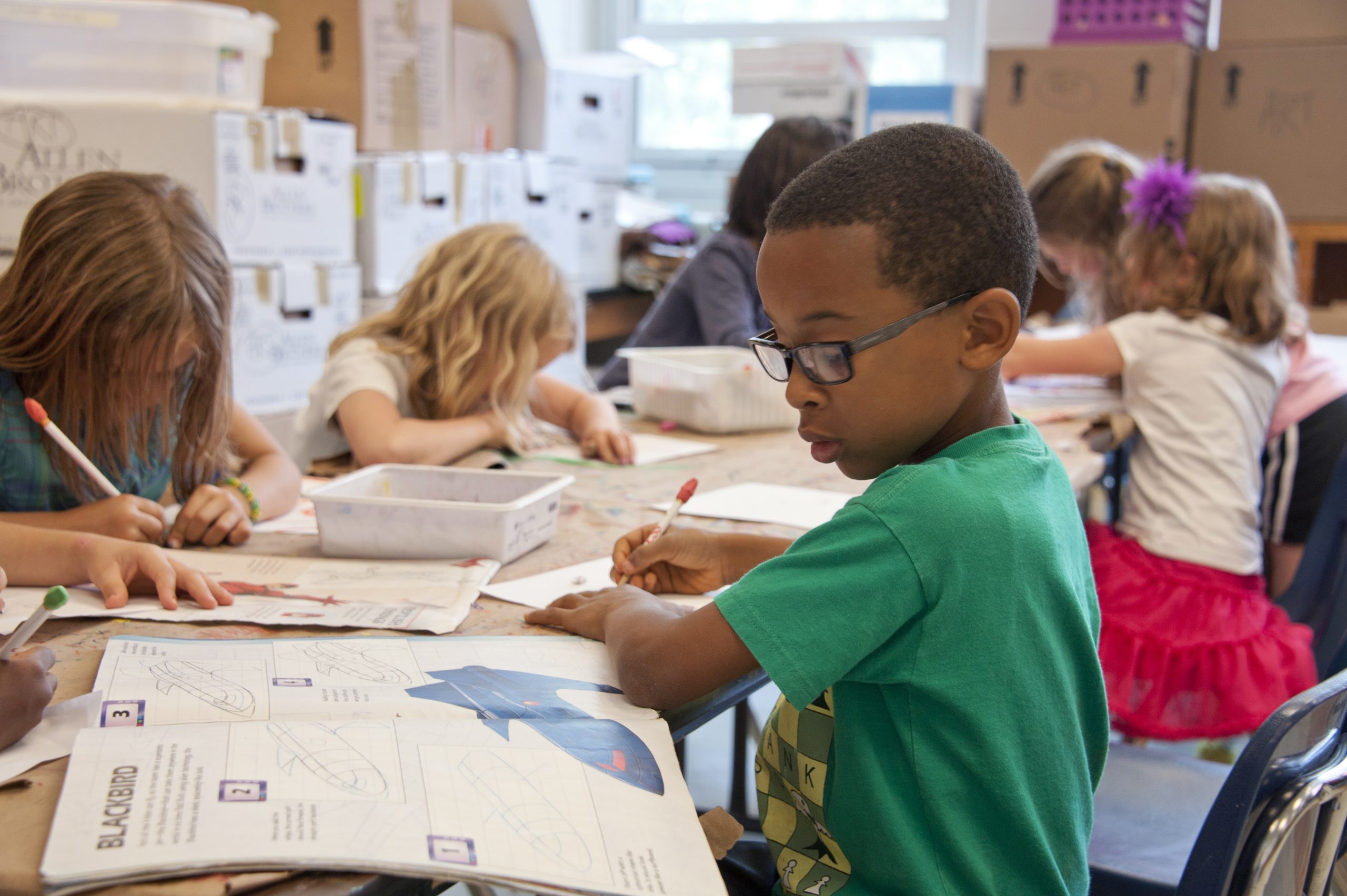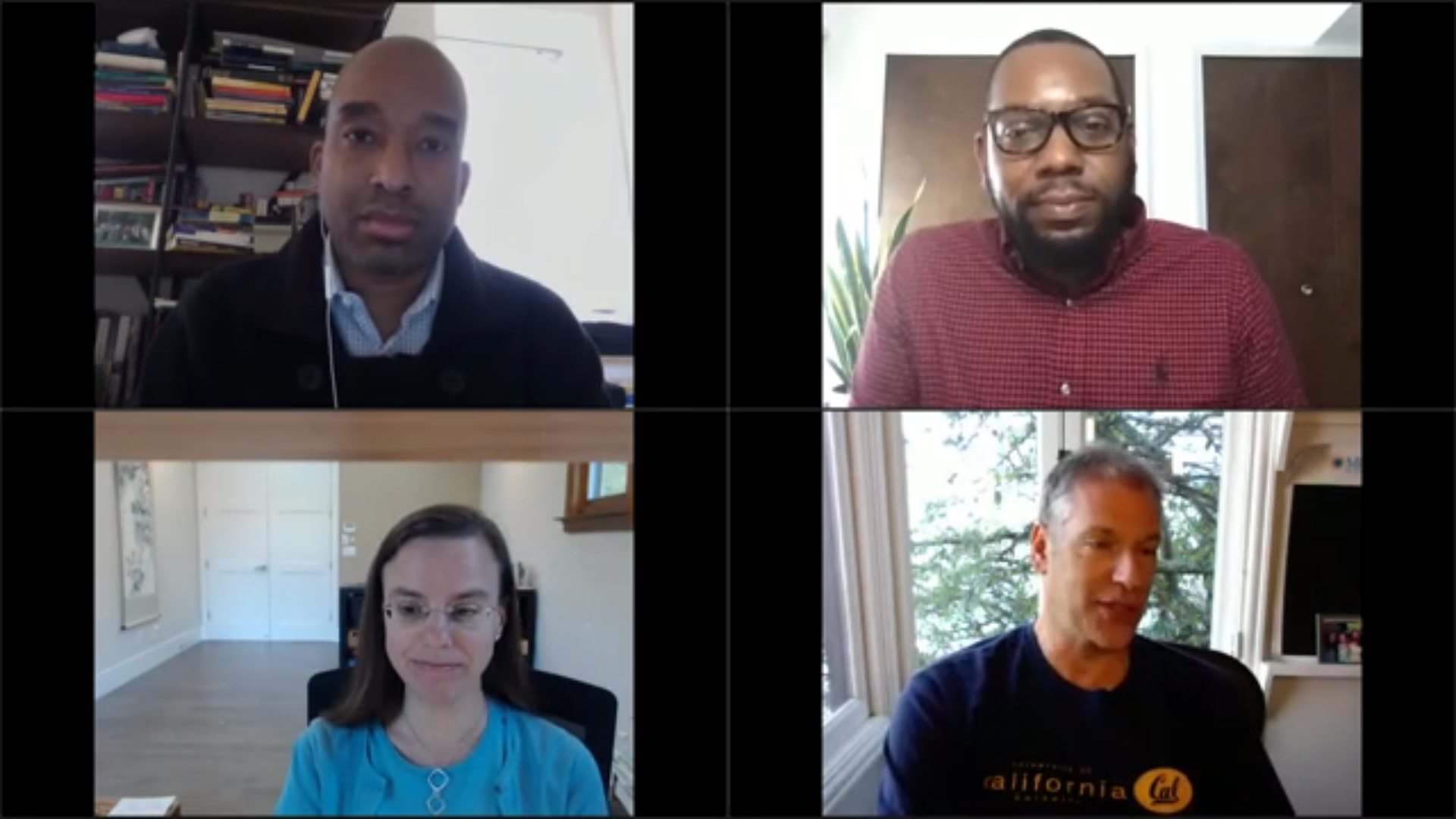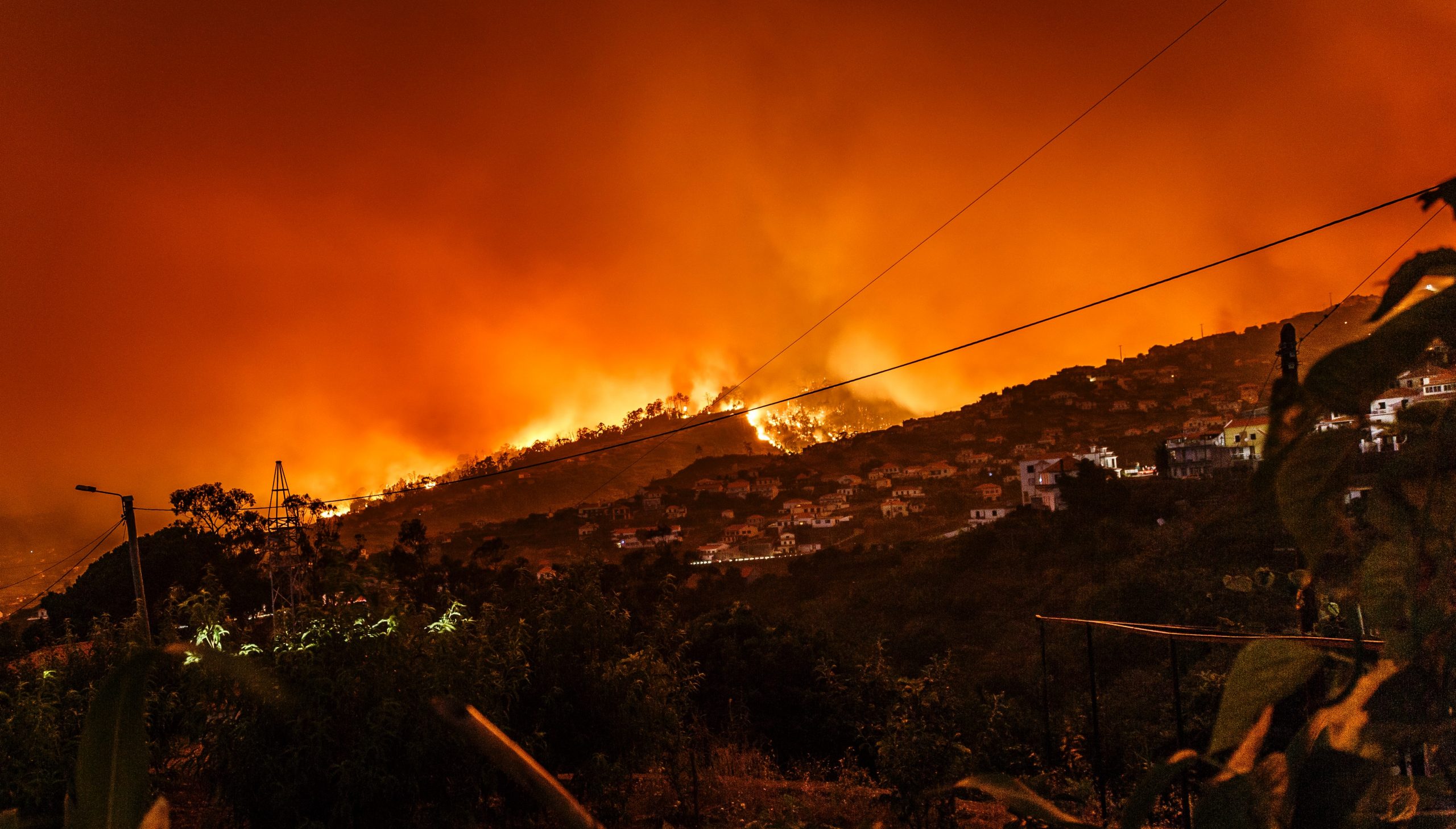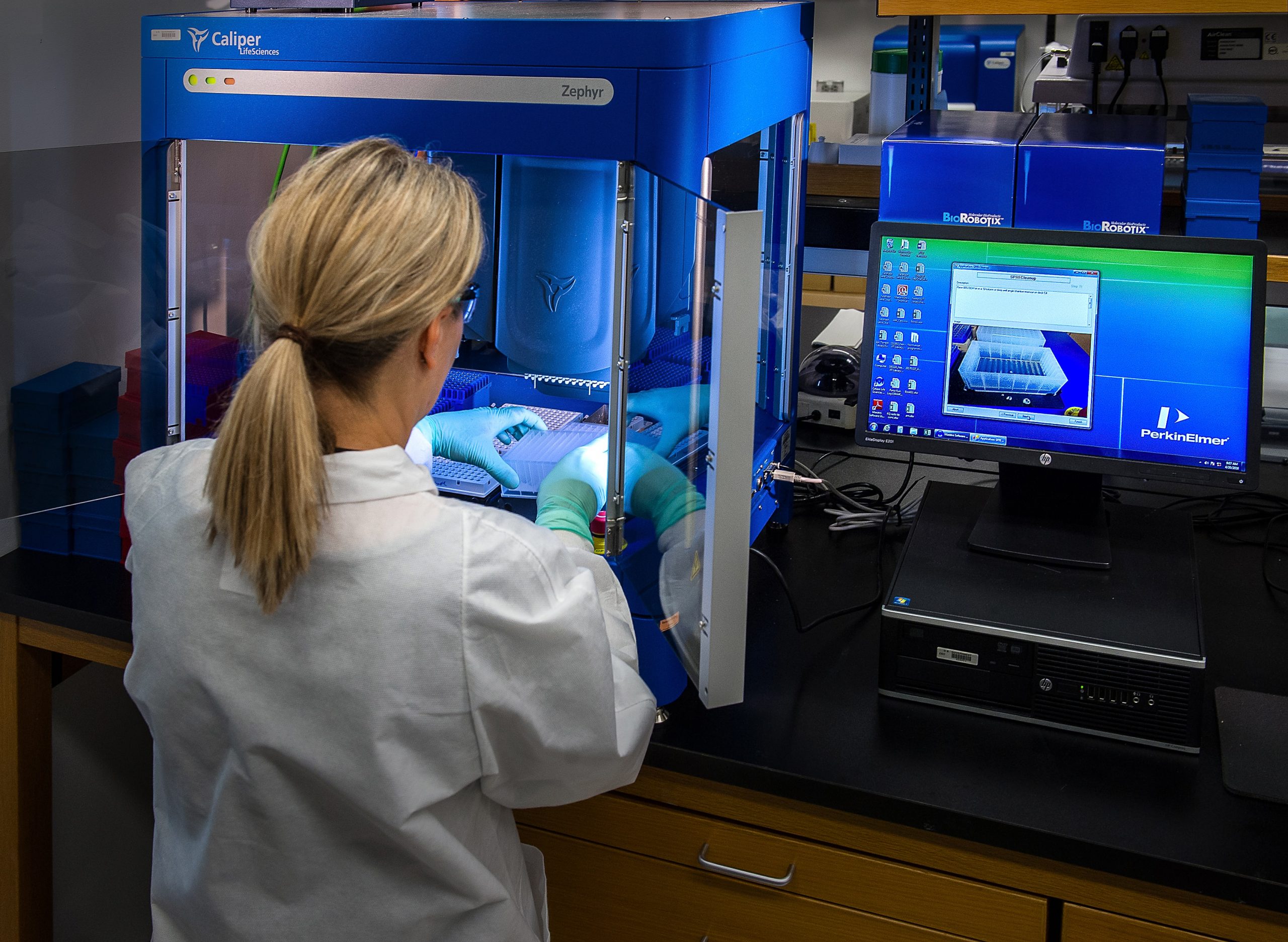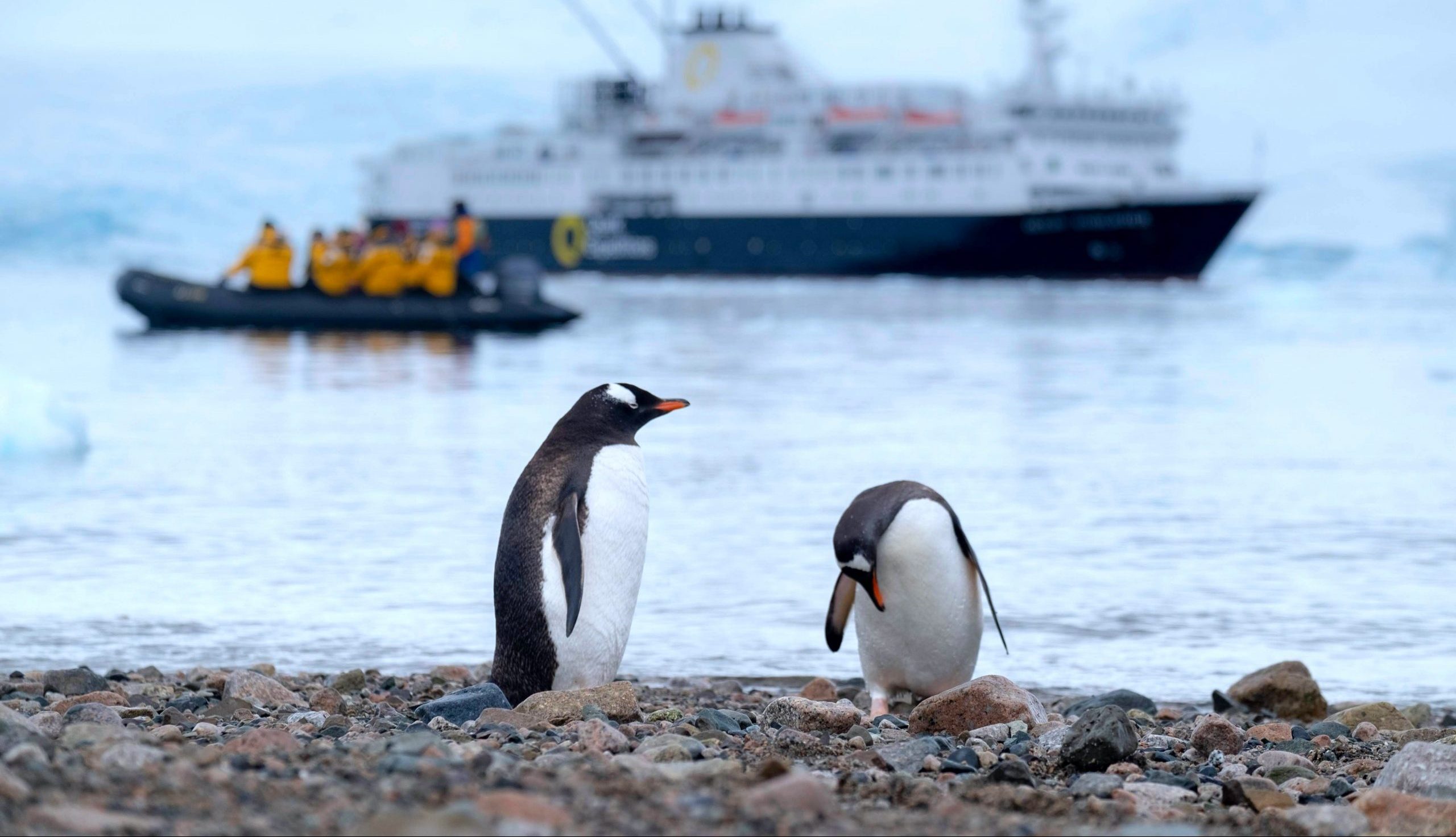
In a recent Sustainability Times article, ERG professor Dan Kammen explains how pandemic lockdowns resulted in historic drops in our CO2 emissions. Additionally, Kammen’s previous study on how exactly COVID-19 lowered said Co2 emissions was featured in a Berkeley News article, arguing that a move towards greater usage of electric-powered vehicles would “reduce the major greenhouse gas responsible for climate change and global warming”.
“The greatest reduction of emissions was observed in the ground transportation sector. Largely because of working from home restrictions, transport CO2 emissions decreased by 40% worldwide,” Kammen stated.
Read how the pandemic lockdowns decreased Co2 emissions here, and what this means for the future usage of electric vehicles here.
